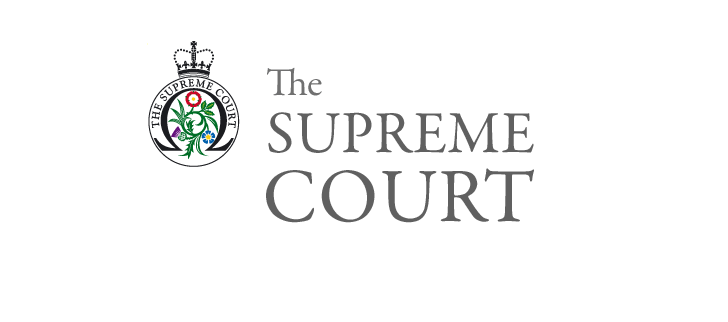An alliance of Muslim organisations has failed in a legal challenge against a controversial anti-terrorism power which allows police to question people for up to nine hours on whether they have been involved in acts of terrorism.
The challenge to the Schedule 7 powers, which allow police to hold people at UK ports, was jointly brought to the Supreme Court last November by the Islamic Human Rights Commission, the Muslim Council of Britain, and CAGE, which campaigns on behalf of the victims of the so-called “war on terror”.
Under the power, police need have no reasonable suspicion to stop, interrogate or detain anybody under the power making it prone to abuse. Statistics show that it has been disproportionately used against Muslims and ethnic minorities.
The challenge was brought before the Supreme Court in support of Sylvie Beghal, a French national of Algerian descent, who was stopped after arriving with her children at East Midlands Airport on a flight from Paris in January 2011.
The mother of three refused to answer the questions put to her – which included requests for information about the French-Algerian community in the UK – without the presence of a lawyer and was subsequently convicted for wilfully failing to comply with her duty under Schedule 7 to answer questions.
She unsuccessfully brought a challenge against her conviction before the High Court last year, claiming that the detention had violated her rights under the European Convention on Human Rights.
The question in this case was whether it was lawful for parliament to create the Schedule 7 powers or whether they are invalid because they infringe the fundamental human rights of people who may be stopped, namely the right to liberty by amounting to unlawful detention, the right to respect for family and private life and the privilege against self incrimination (Articles 5,6 and 8 respectively of the European Convention on Human Rights).
The question before the court was essentially whether it is lawful in the interests of public safety for parliament to make it possible to question who is passing in or out of the country in a preliminary or exploratory intelligence gathering way in order to find out if he or she may be connected with terrorist acts.
Four of the five judges hearing the challenge answered in the affirmative but there was a dissenting judgment from Lord Kerr who insisted that Schedule 7 was too wide and arbitrary in scope.
IHRC chair Massoud Shadjareh said: “The dismissal of this appeal demonstrates a very definite shift in the political discourse within the UK. The most senior members of this country’s judiciary have determined that despite being discriminatory, and it’s ancillary uses (such as the recruitment of individuals for intelligence fishing exercises) falling outside of the scope of the legislation, Schedule 7 is indeed lawful. The highest court in the land has succumbed to the unstoppable momentum of the politics of fear, and thus failed to uphold the so-called ‘fundamental British value’ of the rule of law.”
Notes to editors: For media enquiries please email nadia@ihrc.org or call 020 8904 4222 or 07958 522196[Ends]
——————————————————————————————
IHRC is an NGO in Special Consultative Status with the Economic and Social Council of the United Nations.
Islamic Human Rights Commission
PO Box 598
Wembley
HA9 7XH
United Kingdom
Telephone (+44) 20 8904 4222
Email: info@ihrc.org
Web: www.ihrc.org
Twitter @ihrc







